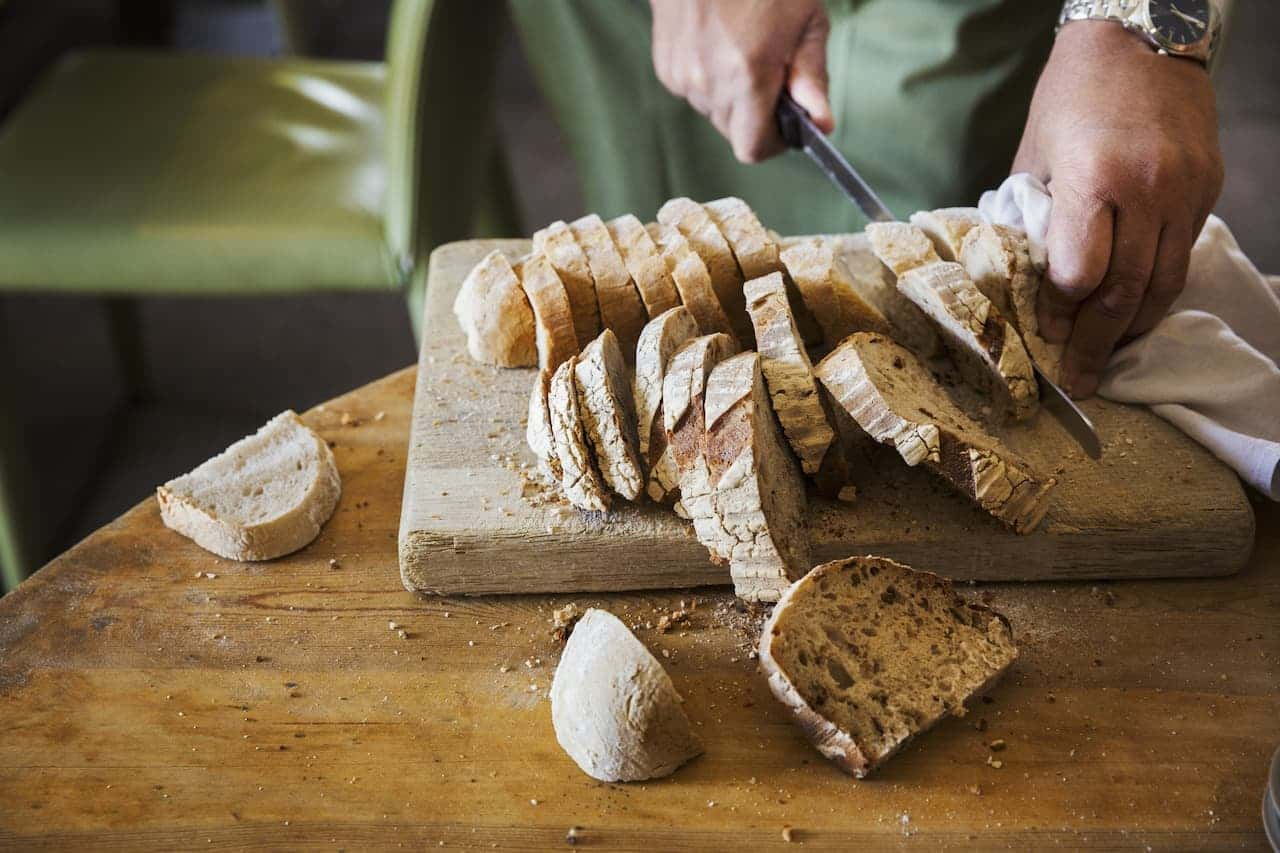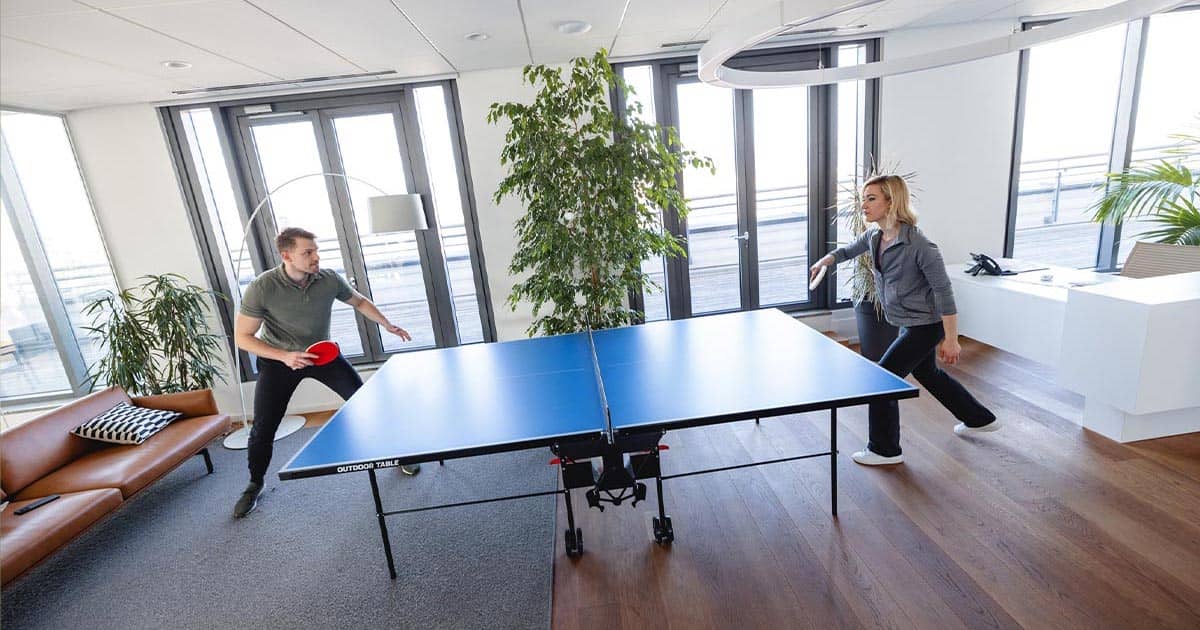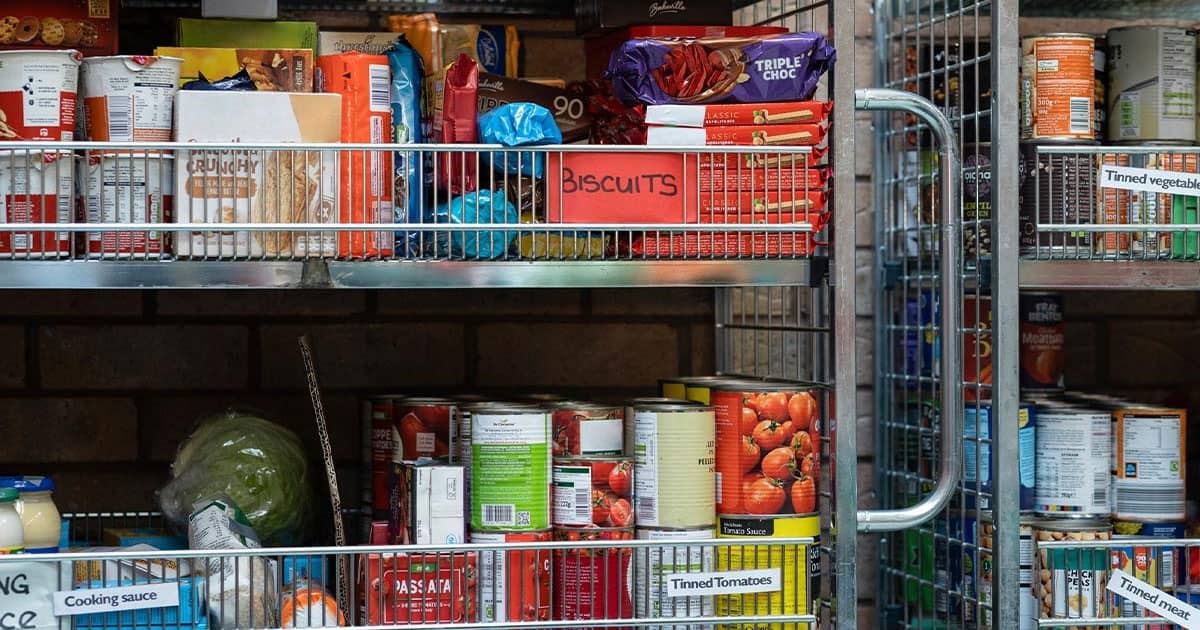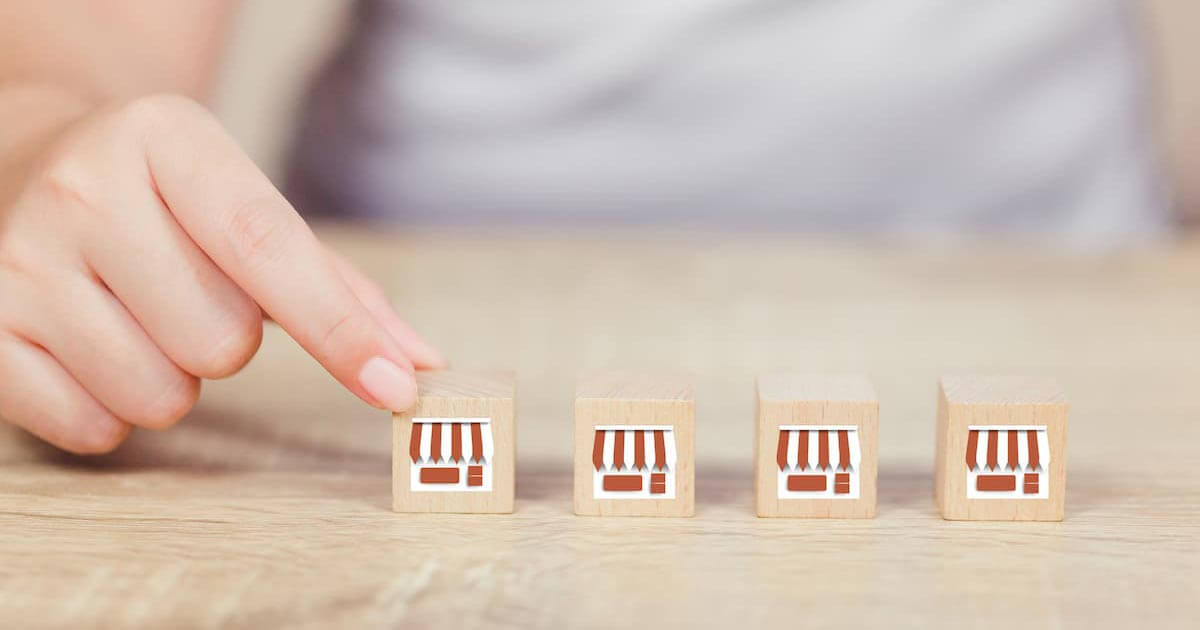Learning how to safely handle knives is the best form of preventing cuts. Here are some of our knife safety top tips.
Knife storage
Knives and other sharp utensils should be stored safely, in a way that they can be accessed without the risk of anyone being exposed to the blade. Consider a knife block that keeps the blade sheathed.
When you have finished with a knife, never put it into a sink. Someone coming over to wash pots may not know it’s in there and grab it by accident. Keep a container near the sink and label it with a “knives only” sign.
Keep your knives sharp and in good condition. A dull knife requires more pressure on the object you’re trying to cut, so presents a higher risk of slipping and causing injury.
Using a knife for cooking
Your only real use for a knife will be for cutting food, so let’s take a look at how to use your knives safely:
- Handling and usage of knives should only be carried out by people who are trained, or being trained, to use them correctly.
- When cutting food, slice away from the body. Keep fingers out of the path of the knife.
- Consider wearing steel mesh gloves to keep the hands safe from the blade.
- Different knives have different purposes, such as boning knives, bread knives or steak knives. Make sure you are using the knife for its intended purpose.
- Take it slow when using a knife. It might be efficient and look cool to use a knife quickly, but you will be at a higher risk of injury if you are rushing.
Knife safety when you’re not using it
You don’t have to be using a knife for it to pose a danger to yourself and others around you. These are some of our tips if you are holding a knife but not using it for food, or if your colleague is using a knife.
- Carry your knife with the sharp edge pointing away from your body and the tip pointing to the floor.
- If a knife falls to the floor, move to avoid it. Never try to catch it.
- When giving a knife to a co-worker, place it on a surface for them to pick up rather than handing it to them.
- Avoid placing a knife close to the edge of a counter. This will reduce the risk of it being knocked off.
- Don’t talk to or distract a colleague who is using a knife. They could hurt themselves if they aren’t concentrating on their cutting technique.

















